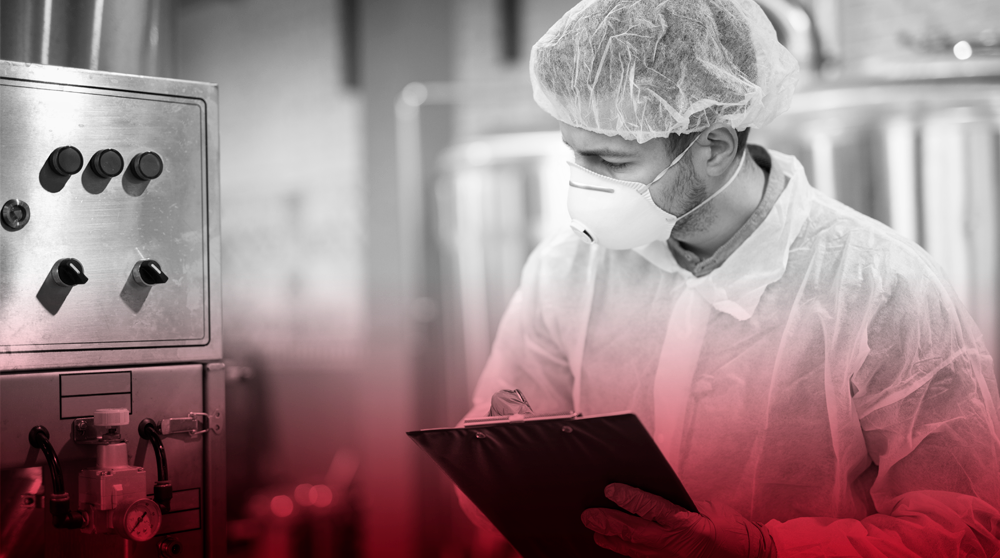
Current vs. new FSSC 22000 categories
IIA. Marlem Guadalupe Diaz Alvarado: Safety Coordinator, Global Standards
As time goes by, food safety and quality standards have become more demanding. An example of this is the FSSC Foundation: FSSC 22000, which has presented a new version to standardize the categories of the food chain according to the recently published one ISO 22003-1:2022 standard, which at the same time has focused on strengthening its requirements to support organizations in their contributions to meeting the sustainable development objectives, among which quality control, food loss, and waste stand out.
The food chain categories and related supply chain sectors that fall within the scope of FSSC 22000 certification are defined in Part I of the standard documents. Moreover, manufacturing sub-categories are assigned based on the final product produced by each organization. Additionally, more detailed clauses on validation/verification of packaging claims, criteria for the use of recycled materials, allergen management, environmental monitoring, quality control, purchase and installation of new equipment, and food waste management are included.
Currently, in version 5.1 category BIII has been included, that focuses on the pre-process handling of vegetable products, which is based on the handling of vegetables that do not transform the product from its original whole form (e.g. washing, sorting, waxing, etc.). It also considers category D with its sub-categories DI, DIIa, and DIIb to produce food for animals (breeding) and pets. However, for version 6, DI is maintained only for food intended for animal consumption (breeding), and categories DIIa and DIIb are grouped in category C.
In version 6, category C0 is an additional category dealing with primary animal processing, which alludes to further processing such as slaughtering, evisceration, chilling, freezing, or bulk storage.
On the other hand, transportation was merged and will be integrated into category G, while e-commerce will be included in category FI. The scope has also been expanded to add commerce and intermediation or trading and brokering (FII), which promotes the purchase and sale of products without physical manipulation on one’s own behalf or for third parties (intermediaries).
It is worth mentioning that within the relevance we also found that the category of Agriculture-Farming (A) and the option of FSSC 22000-Quality were eliminated; the latter will be addressed as an additional mandatory requirement “Quality Control” in version 6 of the FSSC 22000 scheme.
Inclusion of categories
| Categories | Description | Examples of activities | Applicable technical specification |
| BIII | Pre-process handling of vegetable products | They do not transform the product from its original form. Cleaning, washing, sorting, separation, etc. are included. | ISO/TS 22002-1:2009 |
| C0 | Animals- Primary Transformation |
Further processing, including lairage, slaughter, evisceration, bulk chilling, etc. | ISO/TS 22002-1:2009 |
| FII | Brokerage/trading/ e-commerce | Purchase and sale of products on one’s own account without physical manipulation or as a third-party agent of any item that enters the food chain. | No technical specification |
In conclusion, the main changes published with the new version of the scheme are focused on defining more clearly the applicability and compliance with the requirements through the creation of new categories such as BIII and C0, as well as simplifying some categories through the standardization of criteria. In addition, additional requirements such as quality control, equipment management, food waste, communication requirements, quality culture, and food safety have been added to bring the food safety system to a more complete implementation.
References:
- Food Safety System Certification. Annex 1: CB Certificate scope statements.
- FSSC 22000 Scheme food safety management system certification. Part 1, num.3, pp. 9-14. April 2023.
